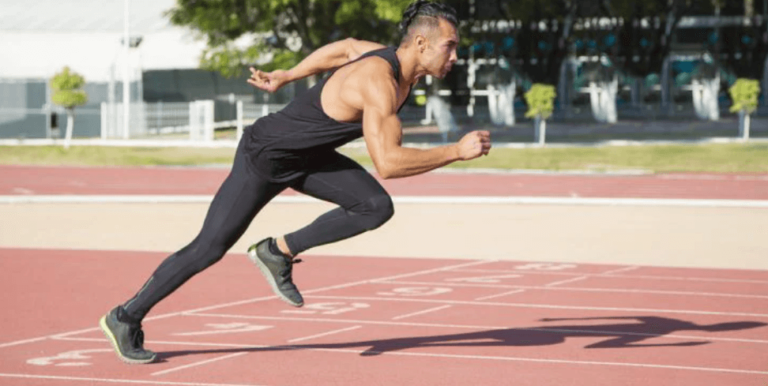The intersection of politics and sports has often served as a crucial platform for social change. Historical moments, such as the protests at the 1968 Olympics and Muhammad Ali’s refusal to fight, illustrate how athletes have leveraged their visibility to address pressing societal issues. These acts of defiance not only reflect individual convictions but also ignite widespread discussions on justice and equality. As the legacy of these moments continues to resonate, what implications do they hold for today’s athletes?
The 1968 Olympics: A Stand for Human Rights
The 1968 Olympics in Mexico City became a pivotal moment not only in sports but also in the global struggle for human rights.
Athletes Tommie Smith and John Carlos raised their fists in a powerful black power salute during the medal ceremony, embodying athletic activism.
Their defiant gesture sparked international dialogue, highlighting the intersection of sports and social justice in the fight for equality and freedom.
See also: The Future of Women’s Sports: Breaking Barriers and Building Equality
Muhammad Ali: The Champion Who Refused to Fight
Muhammad Ali stands as a symbol of resistance and conviction, a champion who chose to prioritize his principles over the accolades of the boxing ring.
Ali’s conviction against the Vietnam War, famously refusing military service, reshaped perceptions of athletes as activists. This bold stance not only altered his fighter’s legacy but also inspired future generations to challenge injustice, emphasizing the power of personal belief in the public arena.
Colin Kaepernick: Taking a Knee for Justice
In the landscape of sports activism, Colin Kaepernick emerged as a pivotal figure, echoing the legacy of Muhammad Ali by boldly addressing social injustices.
His kneeling protest during the national anthem ignited a national conversation on racial inequality and police brutality.
Kaepernick’s actions transcended sports, inspiring a movement of social activism that challenged the status quo and encouraged athletes to use their platforms for change.
Conclusion
The intersection of politics and sports serves as a powerful conduit for change, with athletes boldly using their platforms to confront societal injustices. From the iconic protests at the 1968 Olympics to Muhammad Ali’s principled stand and Colin Kaepernick’s kneeling protest, these moments resonate far beyond the realm of sports. As we reflect on these pivotal acts, one must ask: how will future generations of athletes harness their influence to advocate for justice and equality in an evolving world?



